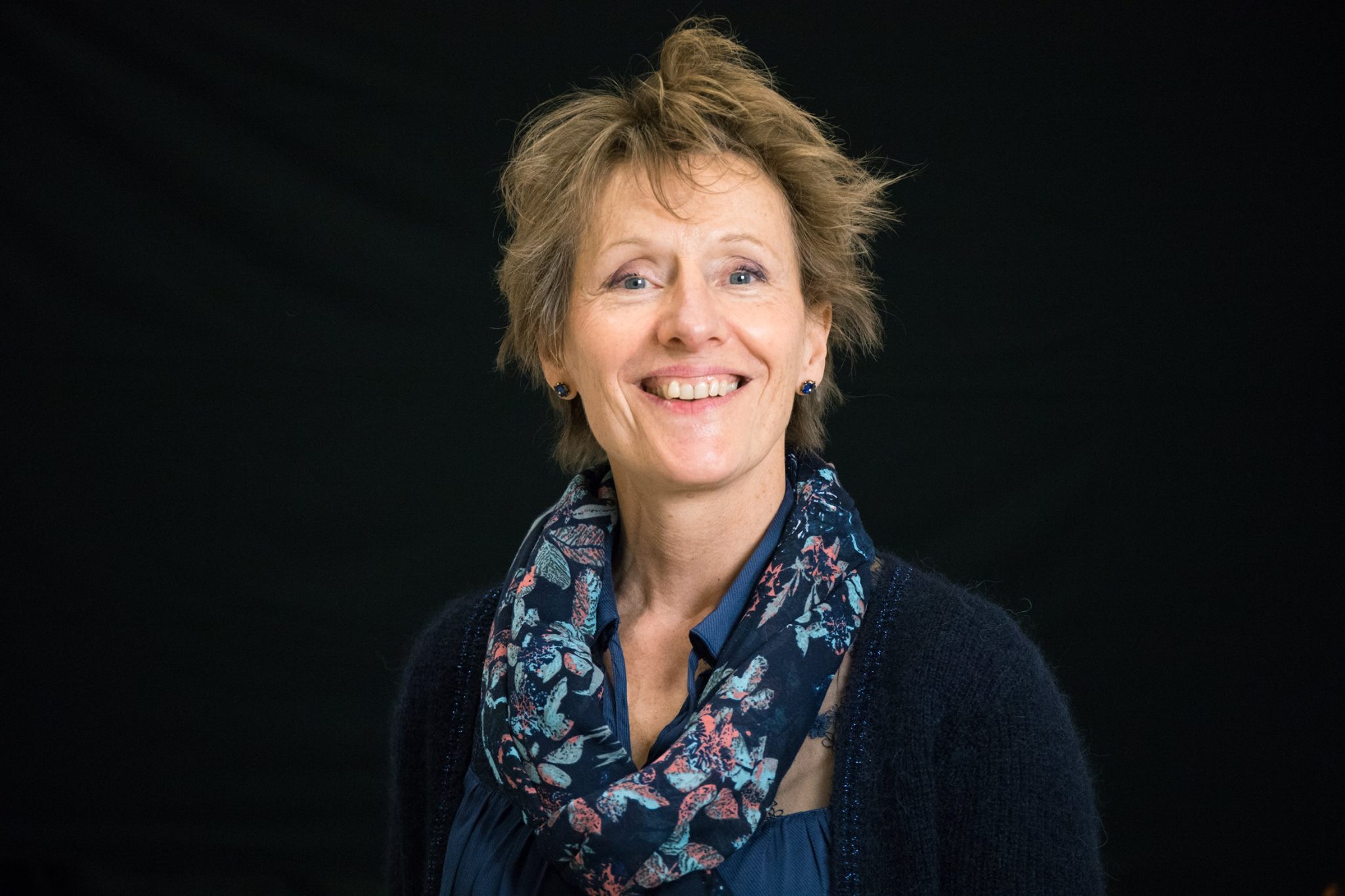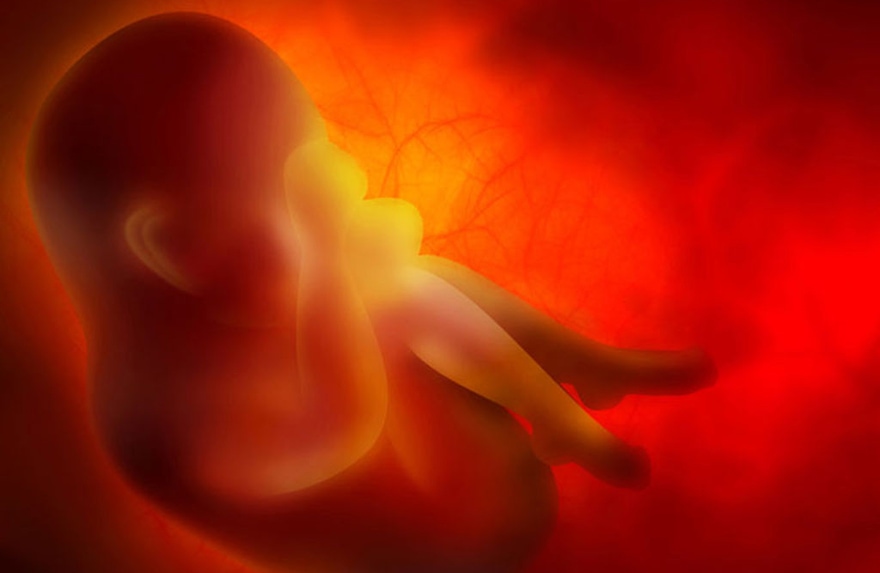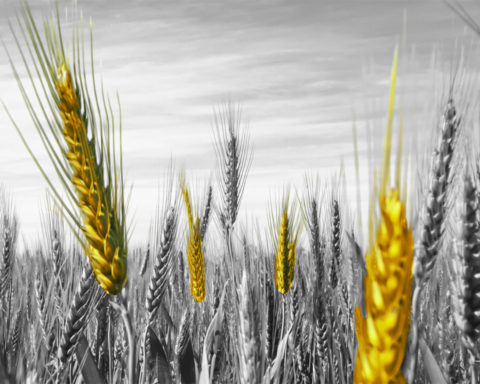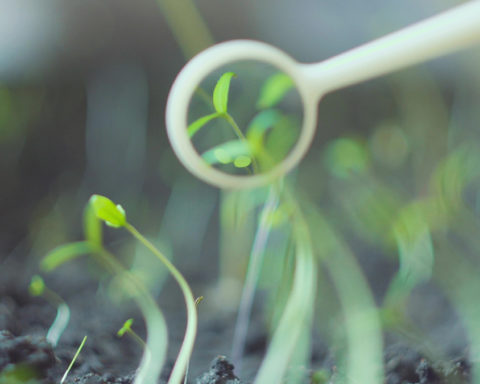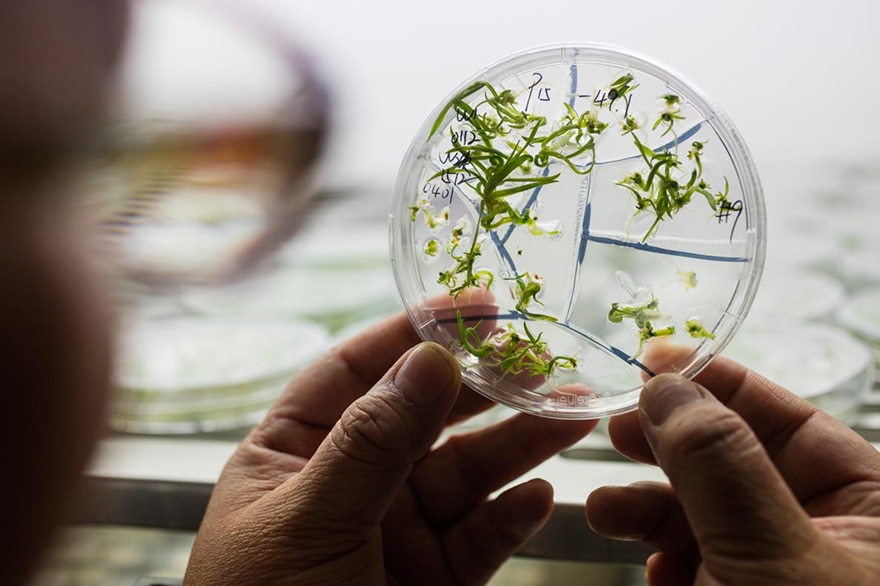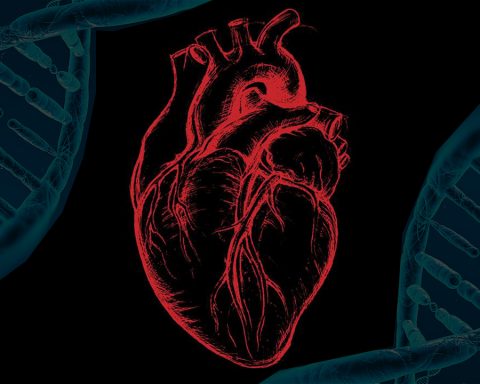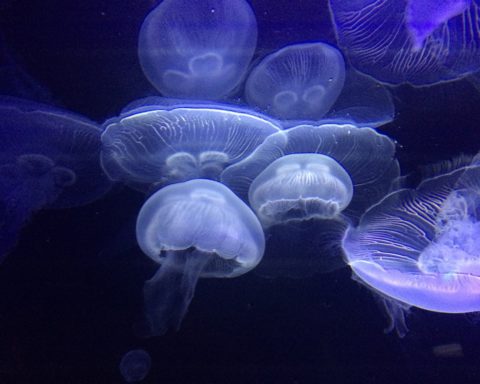 DB The emergency concerns the habitability of the earth and becomes a matter of human security. Why is it an emergency? Because we can no longer rely on the dampening of climatic and living systems. They are showing every sign of disruption. Global warming is accelerating beyond statistical predictions. Populations of living species are collapsing with drastic and unpredictable effects on food chains: the disappearance of 80% of insect or phytoplankton populations in the oceans in thirty years is like a pantry going up in smoke. This sinking diversity is our life insurance. It is the condition of all sovereignty.
DB The emergency concerns the habitability of the earth and becomes a matter of human security. Why is it an emergency? Because we can no longer rely on the dampening of climatic and living systems. They are showing every sign of disruption. Global warming is accelerating beyond statistical predictions. Populations of living species are collapsing with drastic and unpredictable effects on food chains: the disappearance of 80% of insect or phytoplankton populations in the oceans in thirty years is like a pantry going up in smoke. This sinking diversity is our life insurance. It is the condition of all sovereignty.READ UP : Organisms modified by CRISPR are legally GMOs

Towards a new pact with the living
Anything to add? Say it as a comment.

